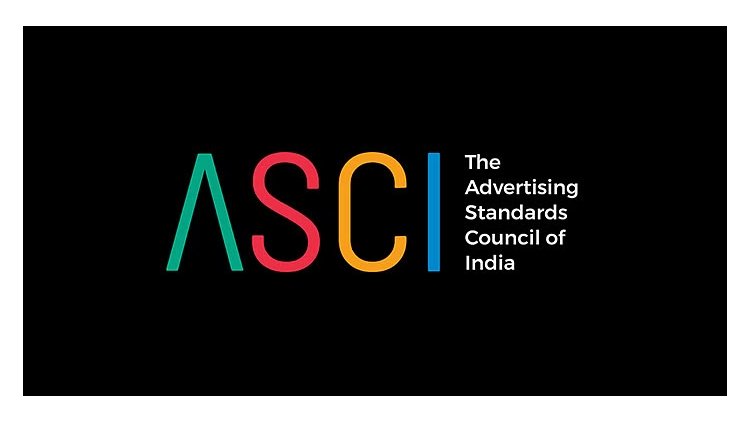Real-money gaming's highest ad violations: ASCI

The annual complaints report for 2022–2023 from the Advertising Standards Council of India (ASCI) reveals a number of alarming findings, particularly those that relate to advertising in the digital space. ASCI examined 7,928 advertisements from print, digital, and television sources during that time.
Over the past two years, ASCI has increased its examination of advertisements by about 2 times. Advertisers on TV and in print remained quite compliant (94%), but due to digital, overall compliance has dropped to 81%. With 75% of the processed advertising coming from the digital sector, it follows that digital ads are not only the biggest violators but also the least compliant. The safety of customers in the internet environment is now seriously questioned.
According to the survey, the real-money gaming industry moved up from fifth to first place as the most violative industry, surpassing the education sector. 92% of the gaming commercials that ASCI examined for FY 2022–23 did not follow the rules for real money gambling and omitted to warn customers about the dangers of addiction and financial loss. The industry also acquired the dubious reputation of receiving the fewest complaints, with only 50% of advertisements changing voluntarily after being flagged. You may recall that in December 2020, ASCI published its rules for the real-money gaming industry. The Ministry of Information and Broadcasting then issued an advise requesting that all parties abide by the standards.
The survey also showed a dramatic rise in deceptive celebrity-based advertisements. The number of such advertising processed by ASCI increased by 803% to 503 from 55 the previous year. Celebrities failed to demonstrate their due care as required by the Consumer Protection Act in 97% of these advertisements. Once more, this is a severe problem because advertisements with famous people have a big influence on customers.
Additionally, there were 2,039 complaints filed against influencers, representing a 26% violation rate. The top three categories for influencer-related infractions were personal care, food and beverage, and fashion and lifestyle.
Despite difficulties like the speed of advertising and the enormous volume of ads to be analyzed, ASCI's deployment of artificial intelligence-based tracking has strengthened its ability to efficiently examine digital media. This demonstrates the self-regulatory organization's unwavering dedication to advancing ethical advertising principles and safeguarding consumer rights.
The digital advertising market is genuinely confronting us all, and ASCI is no exception, according to NS Rajan, chairman of ASCI. A strong complaint management system and increased surveillance through AI-based techniques have made sure ASCI can keep up with the fast-paced industry. The ASCI codes are kept up to date by updating them to reflect more recent customer complaints. We'll keep up our transparent representation of the Indian advertising sector's conscience and forward-looking knowledge.
The complaints study for 2022–23 clearly demonstrates that the digital medium is leading in terms of objectionable advertisements, according to Manisha Kapoor, CEO and Secretary General of ASCI. This raises serious questions about the security and reliability of internet shoppers. To safeguard consumer interests, advertisers, content producers, and platforms must band together immediately to address this issue. Additionally, the gaming business must pay close attention to the fast rise in illegal gaming advertisements.

 Sumit Rawat
Sumit Rawat 










